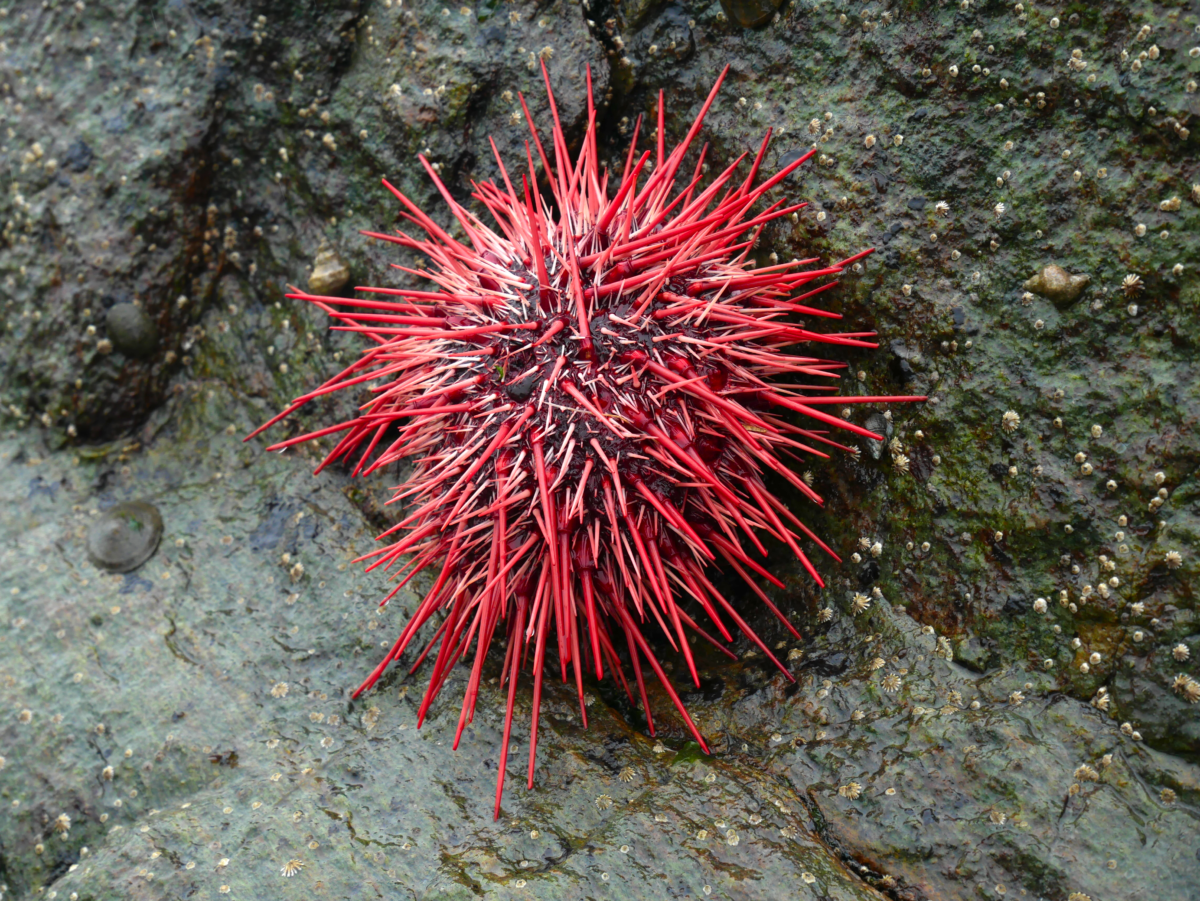Humans have long been fascinated by the animal kingdom, seeking to understand not just the dazzling diversity of life forms, but also the astonishing longevity of certain species. Some creatures can outlive the average human many times over, thriving for centuries in the wild. What secrets do these long-lived beings hold? Delve into the world of exceptional animal longevity, uncovering the distinguishing traits that allow them to lead incredible lifespans.
The Importance of Longevity in the Natural World
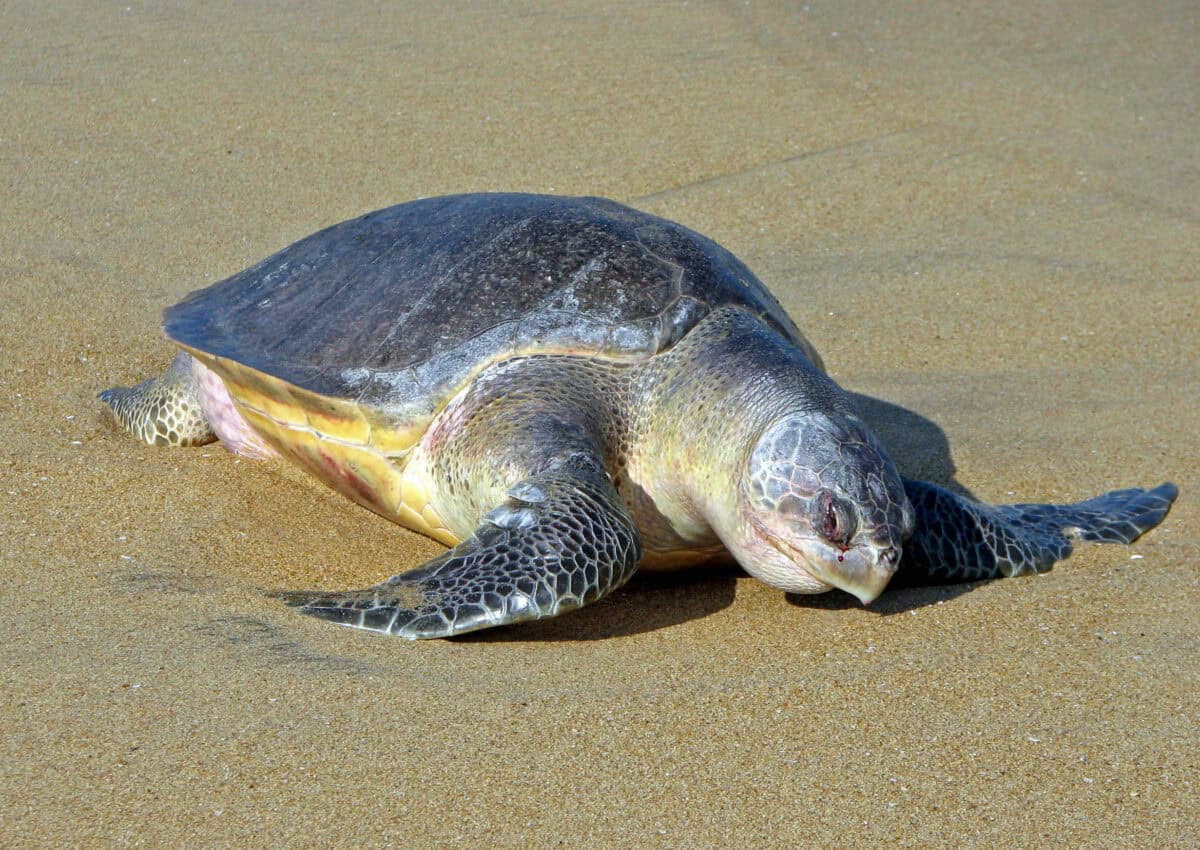
Longevity plays a crucial role in the life cycle of many species, supporting an organism’s ability to reproduce, adapt, and survive over extended periods. While many animals follow a “live fast, die young” strategy, some engage in a contrasting approach, taking slower paths to achieve greater longevity. Understanding these patterns offers insight into evolutionary strategies and adaptations that enable life’s endurance.
The Tardigrade: An Incredibly Resilient Micro-Animal

Tardigrades, also known as water bears, are microscopic animals renowned for their resilience and potential longevity. With a lifespan that may extend indefinitely due to their ability to enter cryptobiosis, tardigrades can withstand extreme heat, cold, radiation, and even the vacuum of space. This ability to pause biological processes allows them to survive for centuries under the right conditions.
The Immortal Jellyfish: Reversing the Biological Clock

The Turritopsis dohrnii, often referred to as the immortal jellyfish, possesses a unique form of biological immortality. When faced with environmental stress or aging, this jellyfish can revert its cells back to a juvenile, polyp state, restarting its life cycle. This remarkable ability to potentially avoid death has positioned the immortal jellyfish as a symbol of agelessness in the marine world.
Greenland Sharks: Mysterious Nordic Giants

Greenland sharks (Somniosus microcephalus) inhabit the icy waters of the North Atlantic and are known to live for over 400 years. Their secret to longevity lies in their extremely slow metabolism and growth rate, coupled with a cold environment that may further slow aging processes. These ancient creatures offer unique insights into age-related biology and evolution.
The Bowhead Whale: Masters of the Arctic

Rendering them nearly mythical in the animal kingdom, bowhead whales (Balaena mysticetus) can achieve lifespans approaching two centuries. These whales thrive in unforgiving Arctic waters, their long lives supported by large bodies and slow lifestyles. Recent genetic research has pinpointed specific alleles tied to DNA repair and cancer resistance, hinting at potential reasons for their exceptional longevity.
Deep-Ocean Rockfish: Ocean’s Oldest Inhabitants
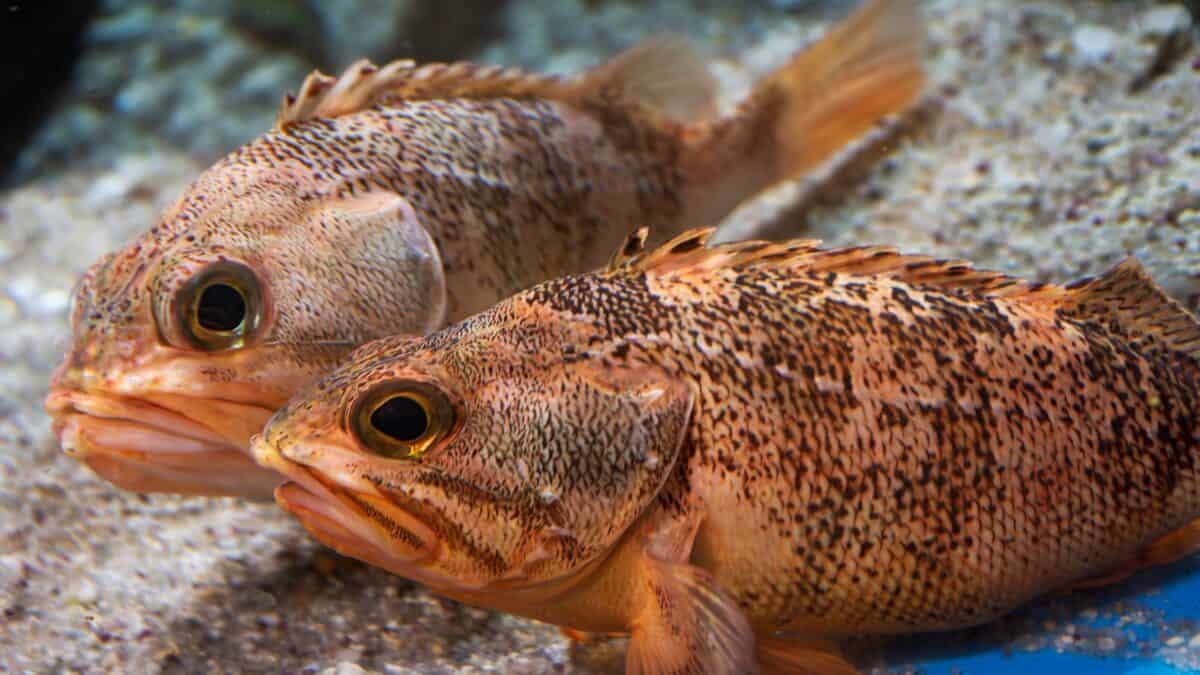
Rockfish, such as the rougheye rockfish, are celebrated for their expansive lifespans, often exceeding 200 years. These ocean dwellers have adapted to deep-sea pressures and possess a slow reproductive cycle. The secret to their extended lifespan may lie within their unique genetics, sparking interest in their study for insights into the longevity of vertebrates.
The Aldabra Giant Tortoise: Island Icons of Patience
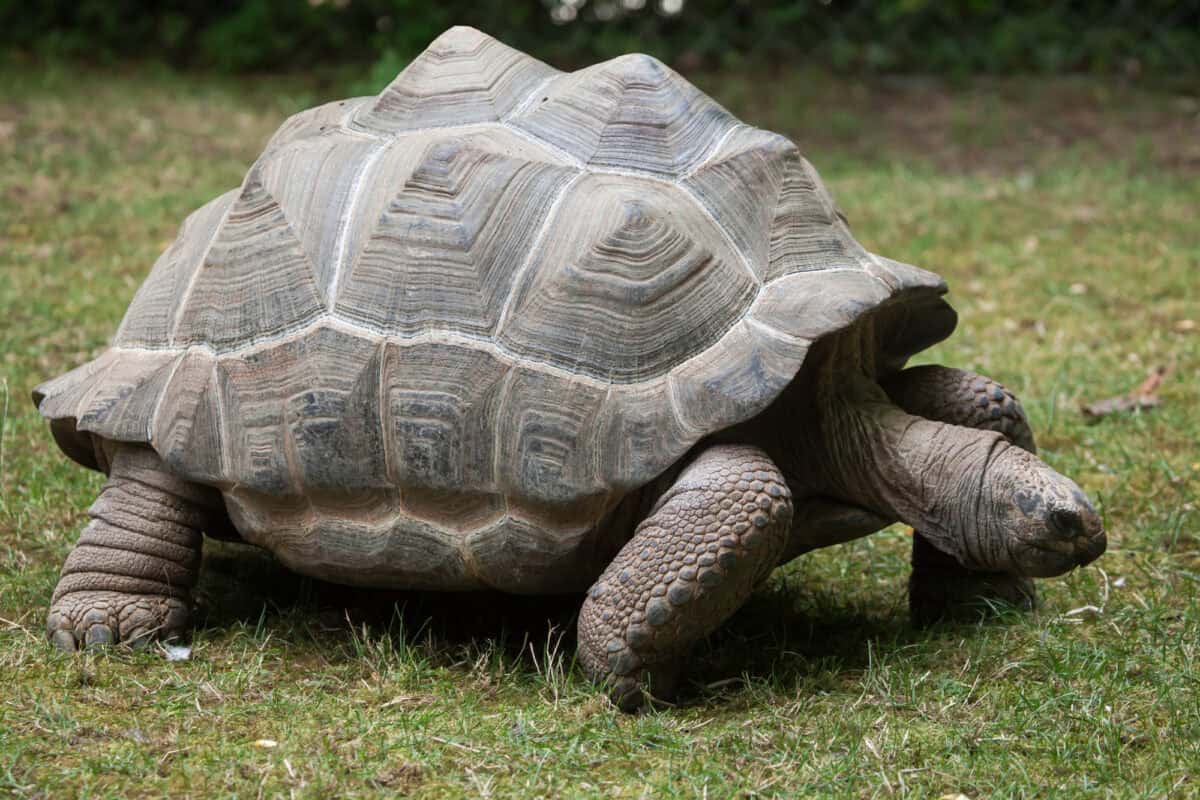
Grass-grazing creatures from the Aldabra Atoll, the Aldabra giant tortoises (Aldabrachelys gigantea) boast half a millennium in lifespan on record. These giant creatures live remarkably slow-paced lives, enduringly avoiding many natural threats. Their extended life span and ability to thrive in otherwise harsh environments underscore the significance of metabolic rate and environment to longevity.
The Red Sea Urchin: Guardians of the Ocean’s Floor
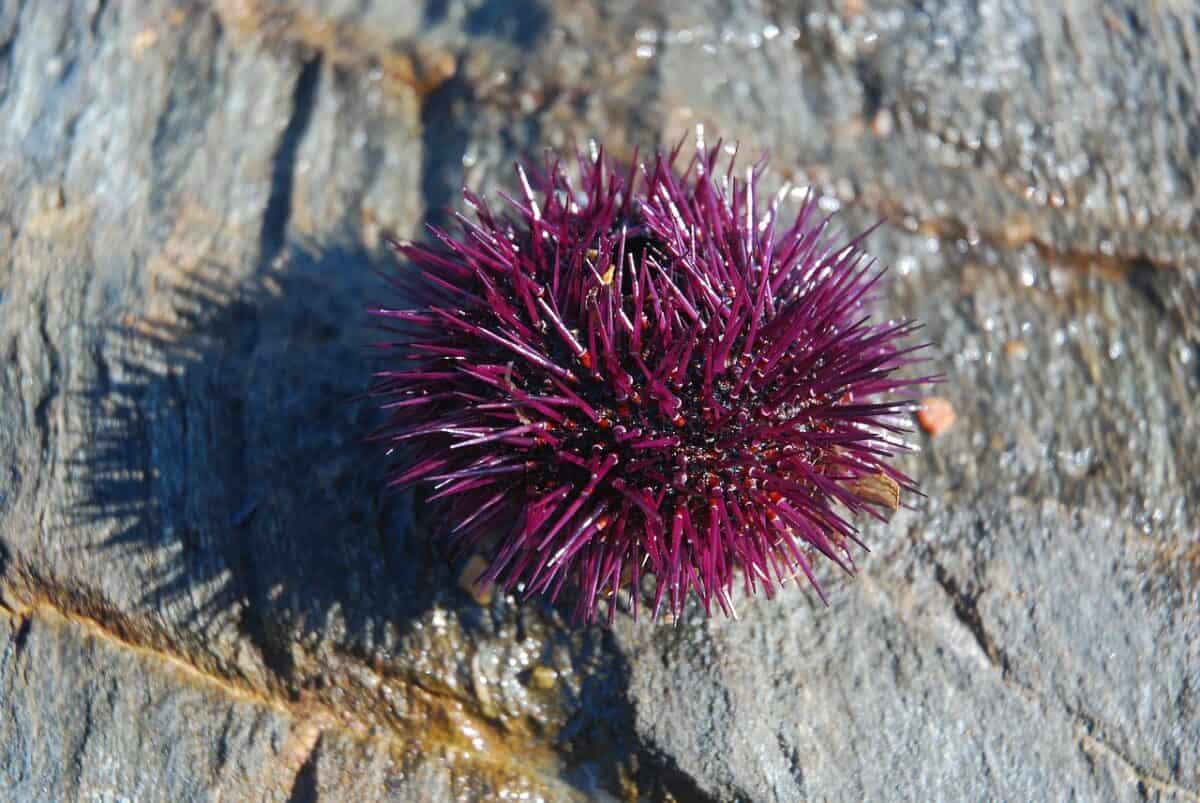
Vivacious and long-lived, the red sea urchin (Strongylocentrotus franciscanus) can survive for over 200 years in cool waters. Their existence is sustained by their ability to efficiently regenerate damaged tissues and maintain a robust immune system. For researchers interested in aging, these creatures present an ideal model to study cellular adaptation and renewal.
Koi Fish: Living Jewels of Tranquility

True eye-catchers in serene ponds, koi fish are known to live beyond their centuries-old reputation. Their genetic diversity, paired with careful breeding practices and nurturing environments, contribute to their impressive survival rates. The koi’s longevity continues to enchant aquaculture and ecology enthusiasts globally, serving as a testament to the influence of human care.
Olive Ridley Sea Turtles: Ancient Mariners of the Sea
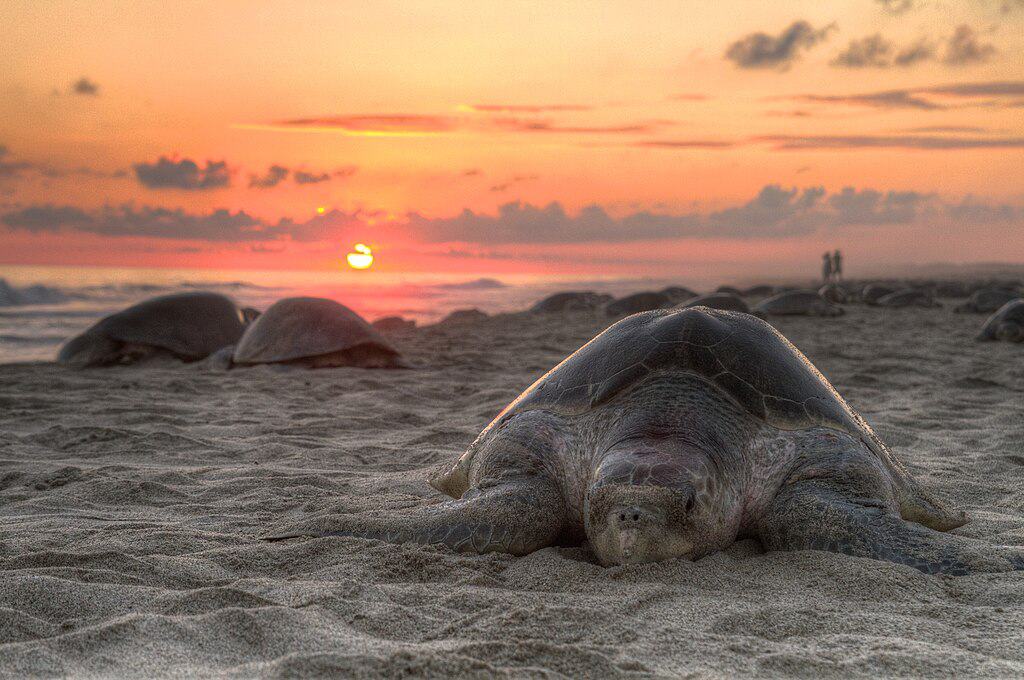
Olive Ridley sea turtles (Lepidochelys olivacea) are renowned survivors with lifespans that can approach a century. From hatchlings to matures, these turtles exhibit unique migration patterns, which help them to efficiently forage and evade predators. Conservation efforts strive to protect their extensive lifespans, emphasizing survival skills adapted over millions of years.
American Lobsters: Robust, Resilient Crustaceans

The American lobster (Homarus americanus) is a crustacean that may live for over a century thanks to the enzyme telomerase that helps maintain their youthful state. Continuously growing and molting, these lobsters can regenerate limbs and maintain vigor, capturing interest for their remarkable resistance to age-related decline.
The Human Connection: Lessons from Long-Lived Species

Exploring the longevity of these unique creatures offers valuable insights into potential breakthroughs in aging and medicine. By understanding how certain species potentially defy the aging process, we can illuminate paths toward enhancing human health and longevity. The curious case of long-lived animals underscores the vital bond between environment, genetics, and life span.
In summary, the astounding endurance these creatures demonstrate is a mix of evolutionary history, genetic prowess, and environmental adaptation. The exploration of these mysteries not only deepens our appreciation for nature’s marvels but also guides scientific inquiry into the processes governing life and longevity across all species.
- Why Polar Bears Cover Their Black Noses While Hunting - August 15, 2025
- How Snakes Became a Central Theme in Chinese Zodiac Legends - August 15, 2025
- Can Animals Predict Earthquakes? The Science Behind the Mystery - August 15, 2025

